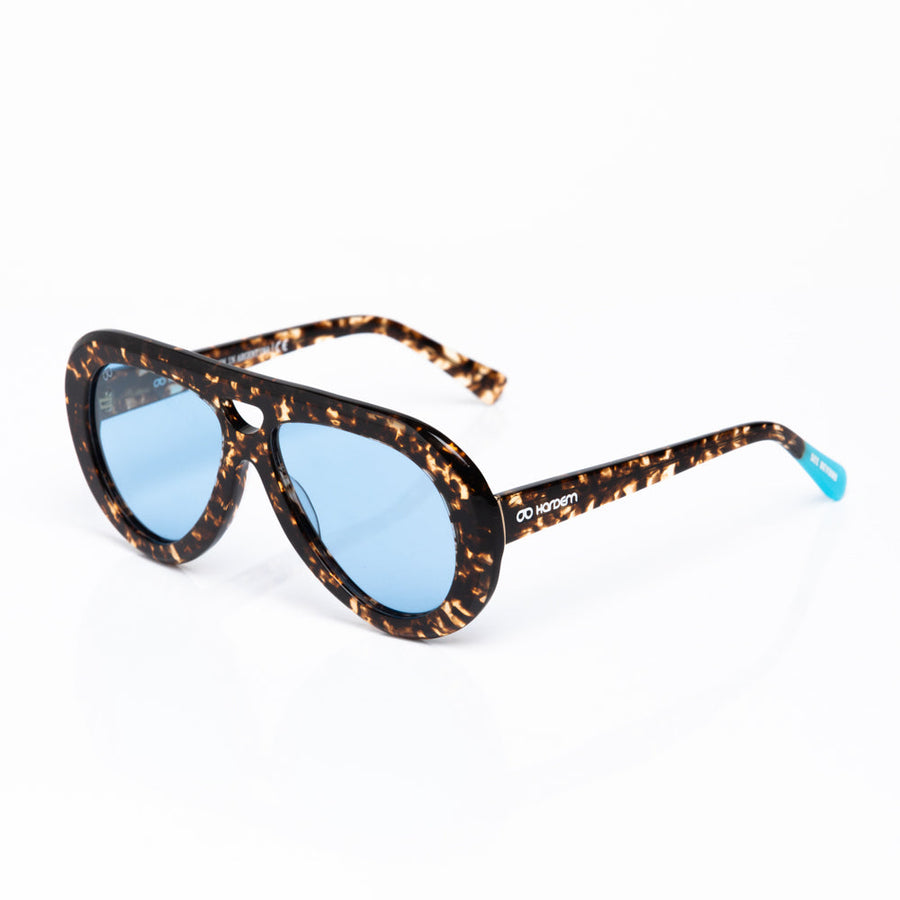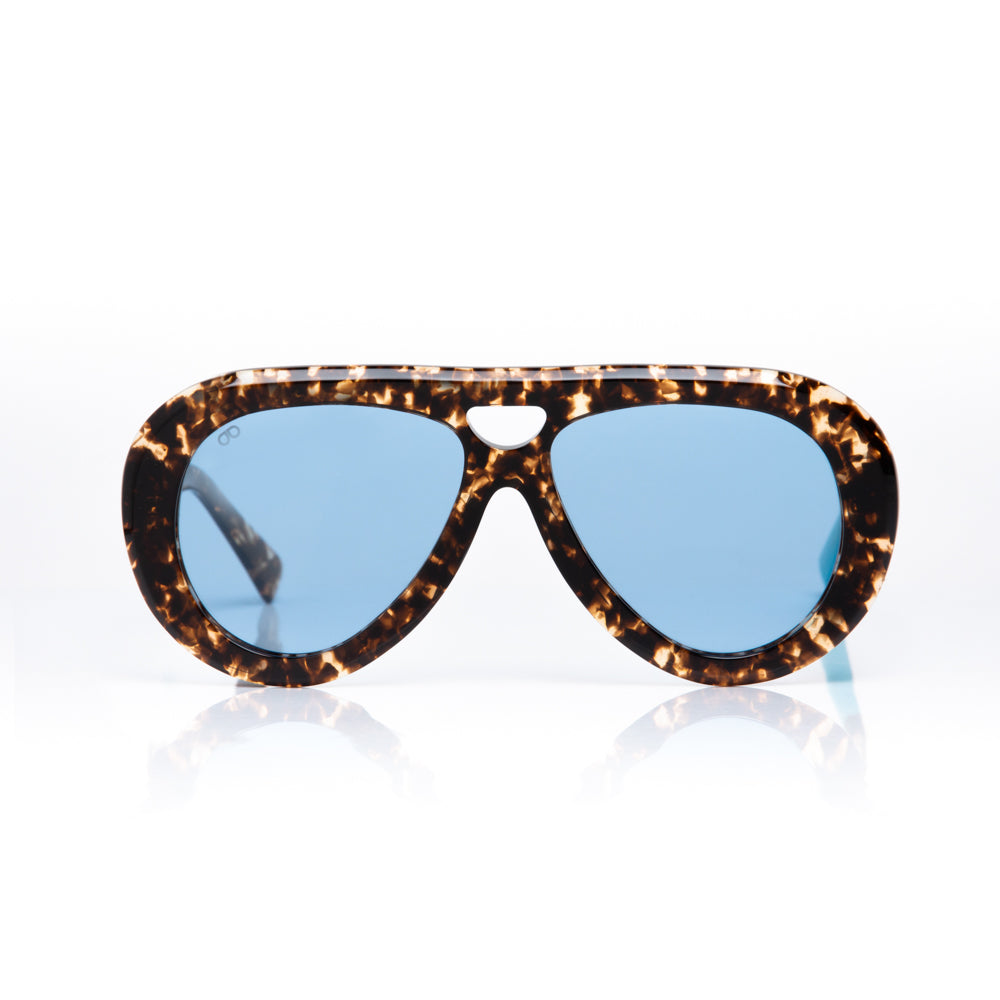Polarized vs. UV-Protected Lenses: What’s the Difference?
When shopping for sunglasses, it’s easy to get swept up in style. But when it comes to protecting your eyes and improving visual clarity, knowing the difference between polarized and UV-protected lenses matters more than you might think.
Let’s break it down.
What Are UV-Protected Lenses?
UV-protected lenses are designed to block harmful ultraviolet rays from reaching your eyes.
Key Benefits:
- Protects against eye diseases caused by sun exposure
- Reduces the risk of retinal and corneal damage
- Essential for everyday eye health, even on cloudy days
Note: UV protection has nothing to do with how dark the lenses look. Even clear lenses can offer 100% UV protection if properly treated.
What Are Polarized Lenses?
Polarized lenses are designed to cut glare, specifically glare reflected off flat surfaces like water, roads, or snow. They contain a special filter that blocks horizontal light waves, making your vision clearer and more comfortable.
Key Benefits:
- Improves visual comfort in bright environments
- Enhances contrast and color clarity
- Reduces eye strain for outdoor activities like driving, boating, or skiing
Do You Need Both?
Yes, and here’s why:
- UV protection is essential for eye health.
- Polarization is optional, but makes a huge difference in clarity and comfort.
Many high-quality sunglasses today combine both features in one lens, but not all polarized lenses include UV protection by default—so it’s worth checking.
Which One Should You Choose?
If your main goal is eye safety, UV protection is non-negotiable. If you’re often in bright outdoor settings or around water or snow, go for lenses that are both polarized and UV-protected. Your eyes will thank you.
Bottom line? UV protection shields your eyes from invisible danger. Polarization lets you see the world more clearly.
Check out Hardem Sunglasses collection with UV 400 protection and polarized. Together, they’re the dream team of lens tech.
Disclaimer
Please note that this blog is for informational purposes only and should not be considered medical advice.
Please consult with a qualified optician or other healthcare professional if you have any questions about your vision or eyewear.






Leave a comment